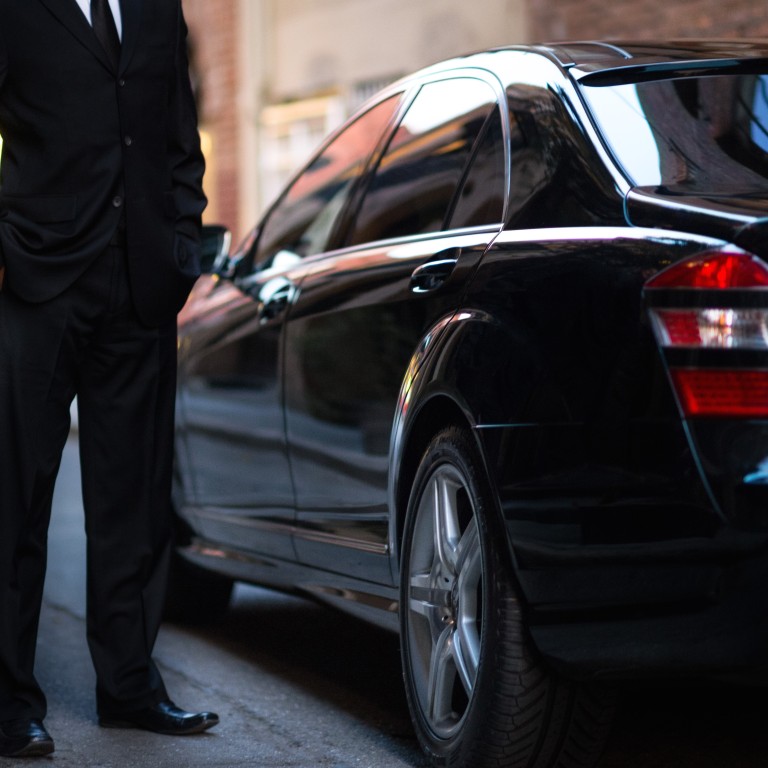
Uber sees strongest growth in China's private car hailing market but Didi continues to dominate
American private car-hailing app Uber saw slow but sure growth in China in the first half of this year, while its primary competitor Didi Zhuanche, a subsidiary of taxi and car hailing giant Didi Kuaidi, continued to dominate the market.
A new report by CNIT Research found that as of June, Uber controlled around 11.3 per cent of the Chinese market when measured by active users, up almost 3 percentage points on first quarter figures as reported by research firm Analysys. The US company saw the largest rate of growth while Didi Zhuanche remained more or less static at 81.2 per cent, an increase of 0.3 pp from three months prior .
Yidao Yongche, which was founded in 2010 and has been operating private car hailing services in China the longest, was the only company to witness a decline, according to the report. Its share of active users fell from 17.5 per cent to 15.8 per cent, while its share of total orders fell from 8.4 per cent to 6.3 per cent.
Uber has fewer active users than Yidao Yongche, but enjoys a larger share of total orders.
The report also found that 98.7 per cent of car-hailing app users opened the app to call a taxi, while 33.6 per cent used the apps to hail private cars.
The California-based company entered the Chinese market last February, five months before the then separate Didi and Kuaidi launched competing car-hailing services. The two taxi-hailing apps have since merged, giving them a commanding market share.
Despite this competition, Uber has doubled down on China, with chief executive Travis Kalanick promising in June to invest more than US$1 billion in the market, according to a leaked email he sent to investors.

